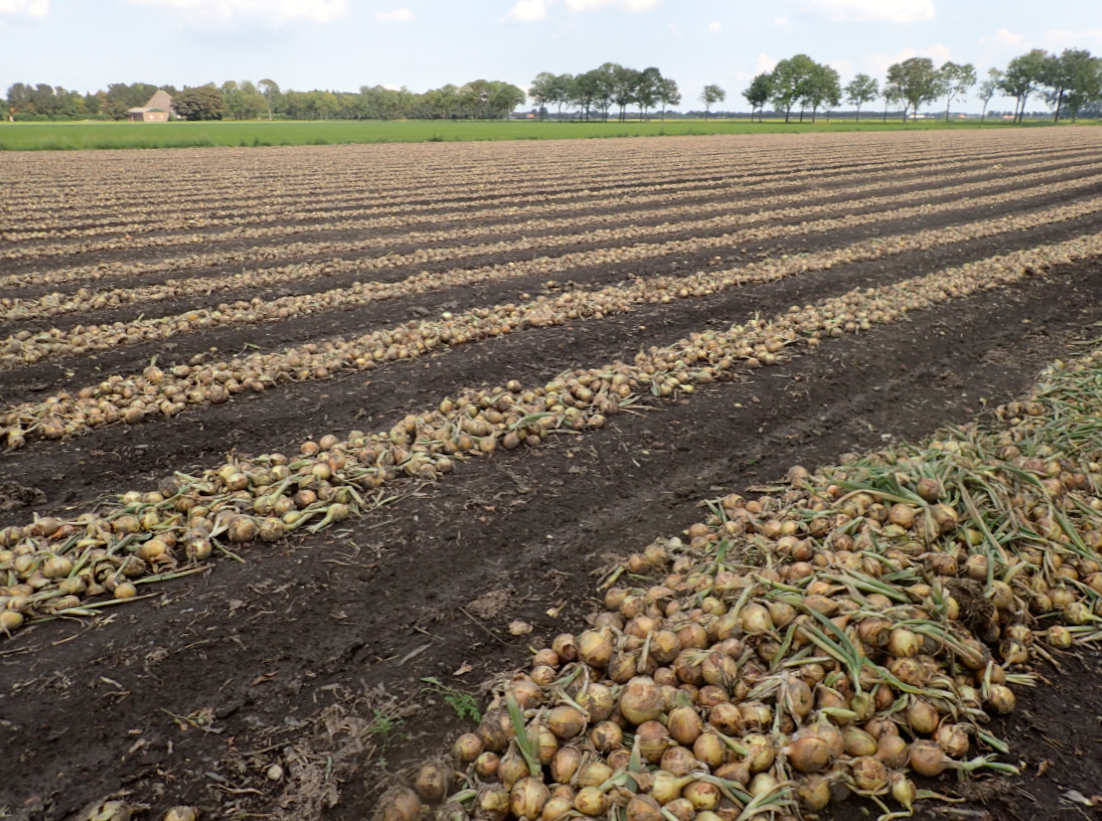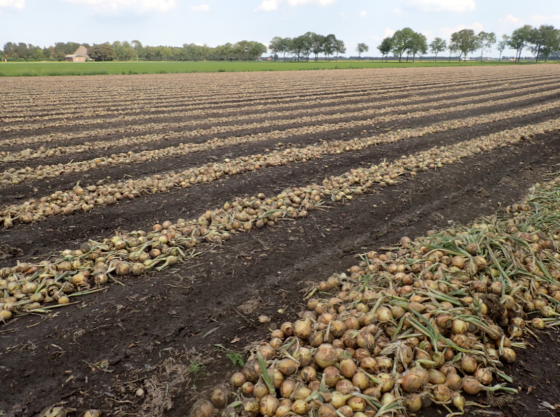Audit office slams ineffective rules on labour exploitation


Social affairs ministry inspectors may have been given more money and staff but have actually taken fewer cases of worker exploitation to court and handed out fewer fines, the national audit office said on Wednesday, in a review of the inspectorate’s performance.
The review covers the period 2016 to 2020, during which the cabinet started a special programme to combat human trafficking and put millions of euros into tracking down people who were being forced into work.
The number of reports of criminal exploitation have gone up considerably, reaching 160 in 2020. But fewer cases are being investigated. In 2016, 25% of the reports resulted in an investigation, in 2019 just 4%. Last year, 10% of the reports were looked into.
‘Perpetrators go unpunished and victims are not given help,’ Ewout Irrgang, a member of the audit office, told RTL Nieuws.
‘We are extremely limited by the legislation,’ a spokesman for the inspectorate told broadcaster NOS. ‘The definition of labour exploitation must be taken wider. Now it only counts if, say, someone’s passport has been taken off them or if they are not allowed to leave a given area. But paying them €5 an hour does not count.’
Inspectors have also tried to tackle problems using administrative law, and upped the number of inspectors from four to 10, RTL Nieuws said. This resulted in more cases being identified but not more fines.
‘If you fine a [jobs agency] they go bankrupt on the Monday and set up a new company on the Wednesday,’ a spokesman for the inspectorate said. ‘Administrative law is not as much of a deterrent as criminal law.’
Legislation
MPs have also called for a change in the legislation and on Tuesday voted in favour of a motion to look into widening the definition of labour exploitation. The social affairs ministry has indicated this is an option but that it will be up to the next cabinet to do so.
Edwin Atema, from the FNV trade union federation, told RTL that he has seen lorry drivers crying because they are so desperate. Many workers, he said, do not dare to complain about their situation.
Earlier this month, nine Filipino lorry drivers who were forced to drive for more hours than legally permitted, and paid less than official rates, were told by the public prosecution office they could not take their employer to court for exploiting them because of a lack of evidence.
Thank you for donating to DutchNews.nl.
We could not provide the Dutch News service, and keep it free of charge, without the generous support of our readers. Your donations allow us to report on issues you tell us matter, and provide you with a summary of the most important Dutch news each day.
Make a donation